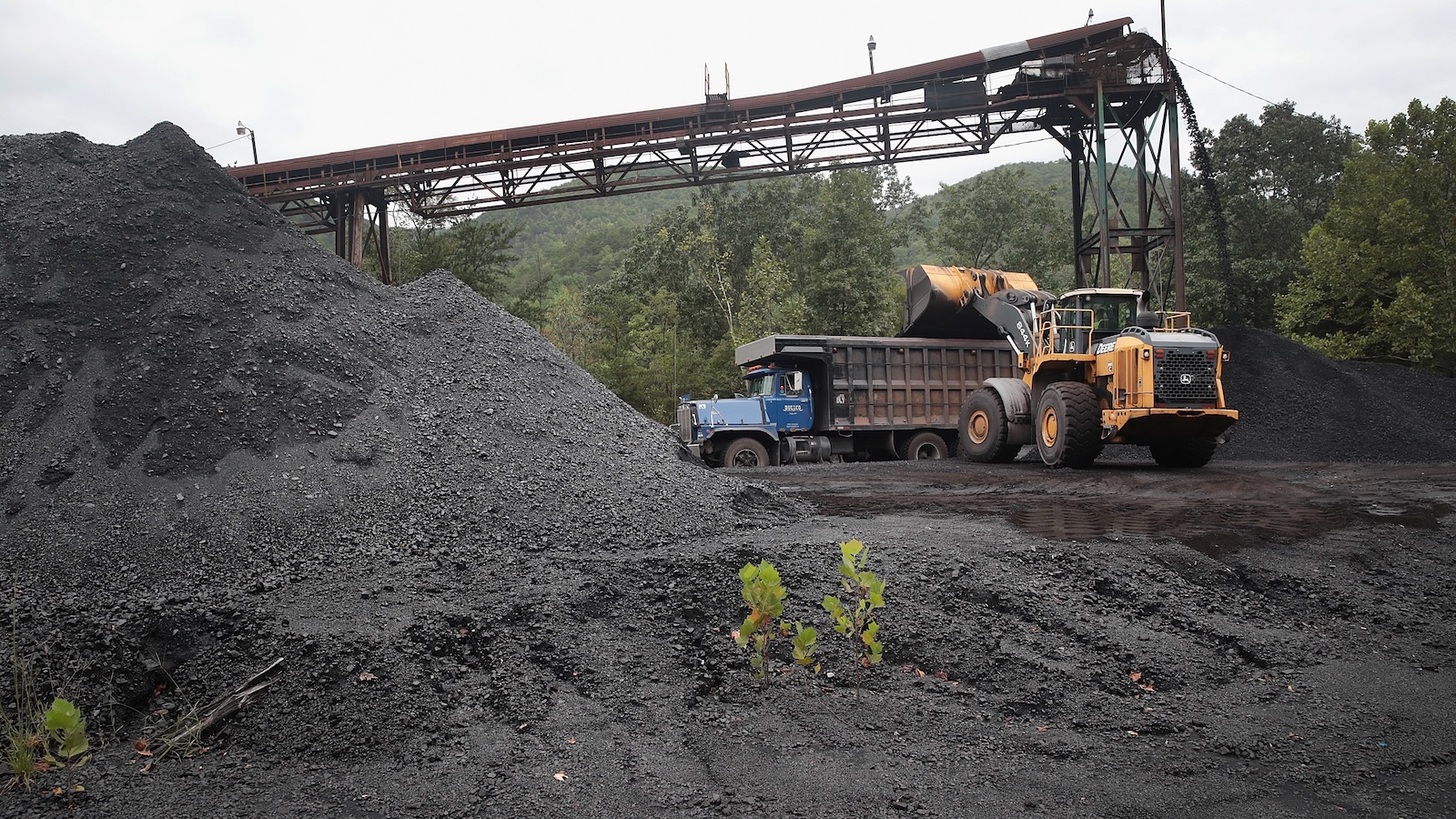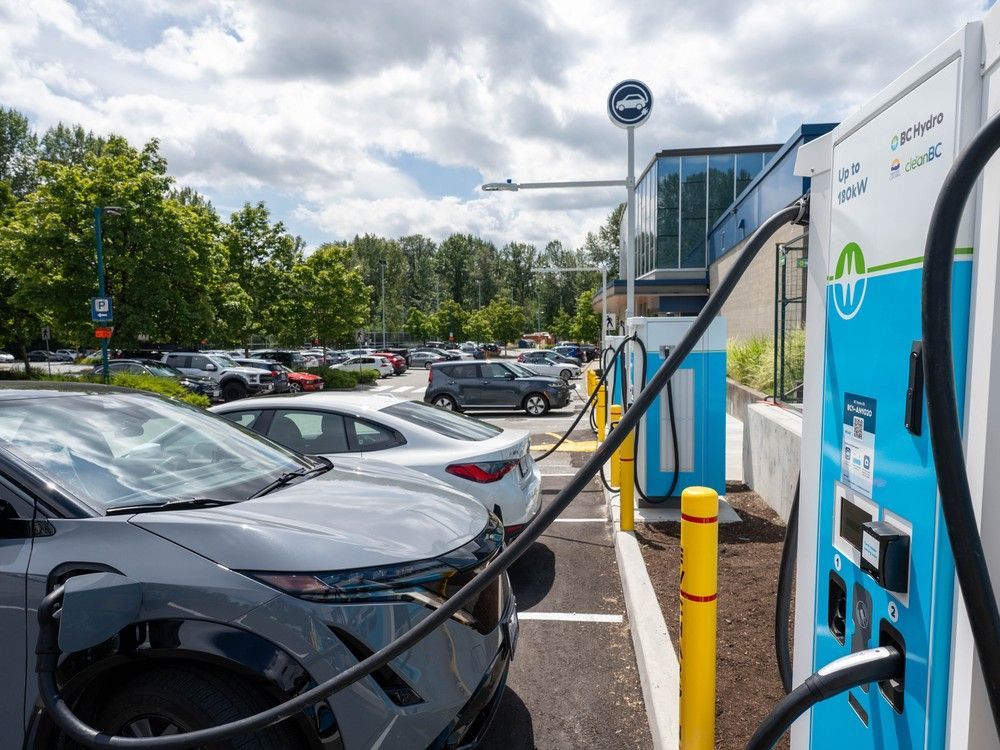Residents like Donna Thomas in Fort Bend County, Texas, are grappling with the implications of the Trump administration's recent exemptions for coal plants and chemical facilities from stricter environmental regulations. The W.A. Parish Generating Station, notorious for its hazardous emissions, exemplifies the ongoing struggle against pollution that has persisted for decades. With the Trump administration's decision to delay the implementation of Biden-era mercury regulations, environmental advocates fear that public health will be compromised in favor of industry profits. The exemptions, which affect numerous facilities across the country, have raised alarms among experts who argue that they undermine years of progress in reducing toxic emissions, particularly mercury, which poses significant risks to vulnerable populations such as children and pregnant individuals.
The key takeaway from this regulatory shift is the potential long-term impact on public health and environmental justice. Critics assert that the two-year delay in enforcing the Mercury and Air Toxics Standards (MATS) and the Hazardous Organic National Emission Standards for Hazardous Air Pollutants (HON) is a strategic move to benefit industry stakeholders at the expense of community well-being. As the exemptions allow companies to postpone necessary upgrades to pollution control technologies, residents are mobilizing to advocate for stricter enforcement and transparency in regulatory processes. The urgency of this situation is underscored by the fact that the exemptions will last until 2029, leaving communities like Thomas's vulnerable to unchecked emissions that could have dire health consequences if not addressed promptly.








